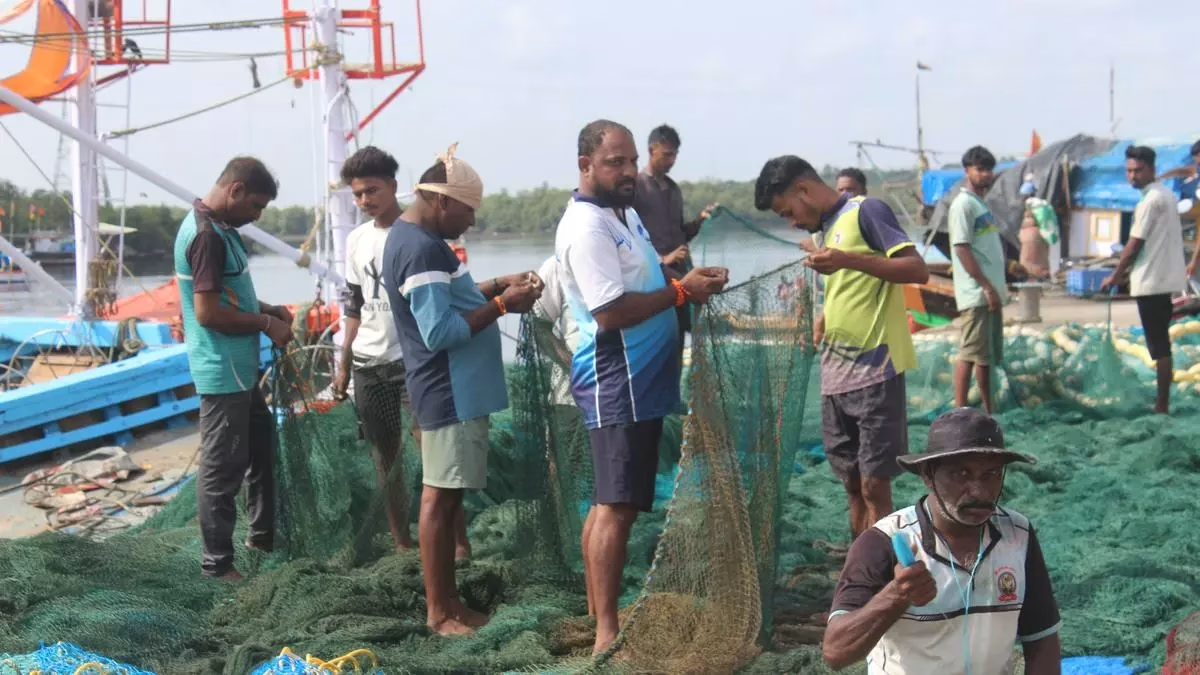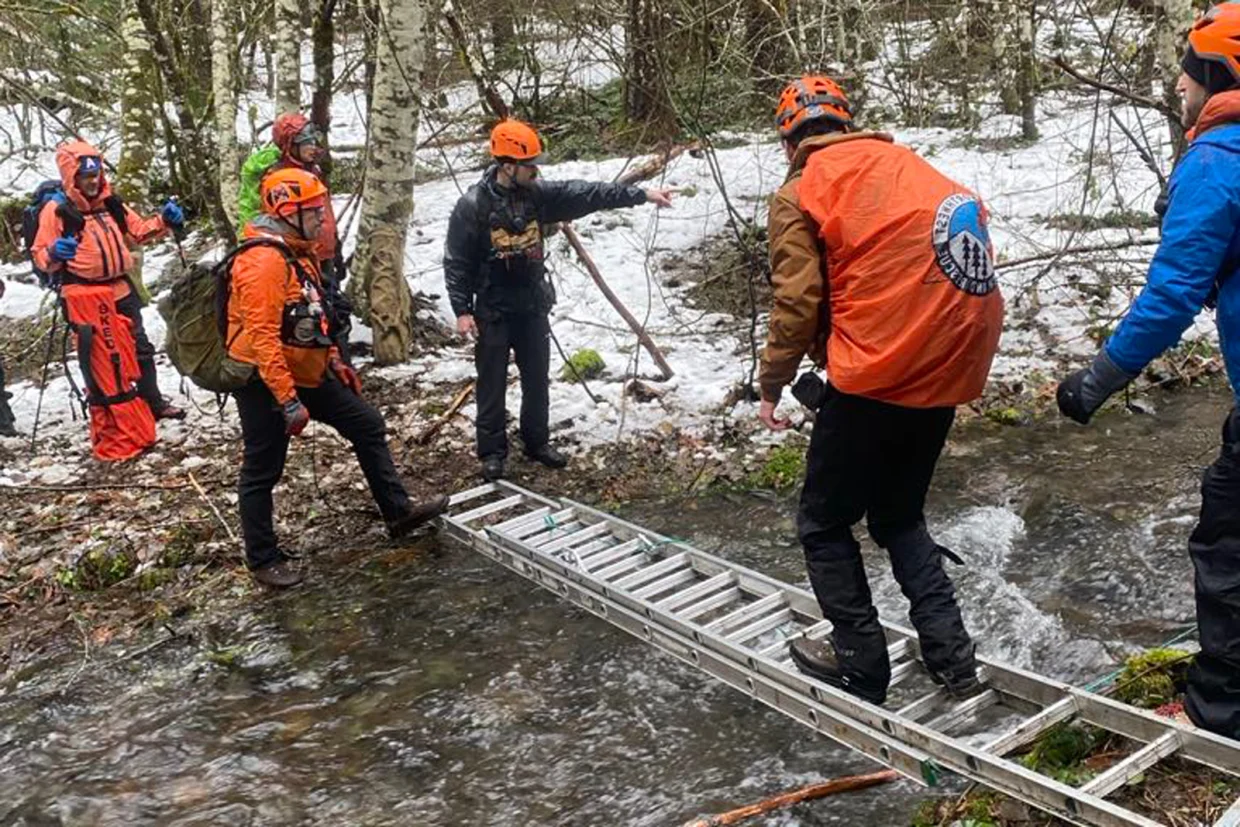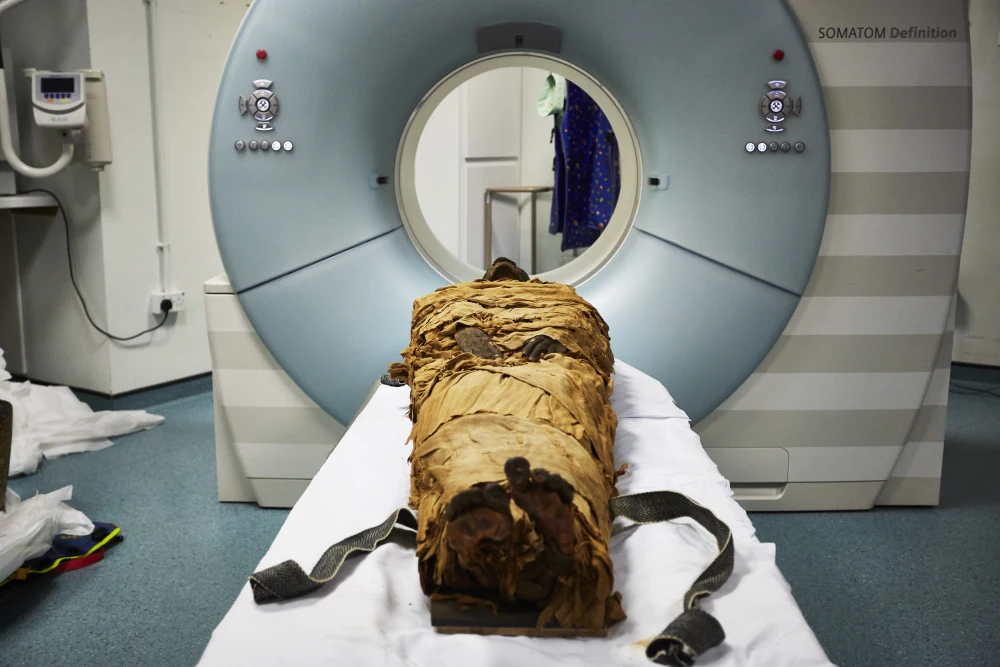The Koli community, Mumbai’s original inhabitants and traditional fishing folk, have been deeply rooted in the city’s history for over 700 years. Known for their vibrant culture and expertise in fishing, the Kolis have sustained themselves through their bond with the sea. However, modern challenges threaten their livelihood and way of life, pushing many into financial distress.
Fishing has long been the backbone of the Koli community. Their daily routine begins at the break of dawn, as they navigate the Arabian Sea, relying on age-old techniques passed down through generations. The fish markets, bustling with activity and the aroma of fresh catch, reflect the community’s integral role in Mumbai’s culinary and cultural fabric.
Yet, the Kolis now face a wave of challenges. Overfishing, pollution, and climate change have depleted fish stocks, making their traditional fishing methods less viable. The construction of coastal infrastructure, such as the Mumbai Trans Harbour Link and real estate developments, has further encroached upon their fishing zones. Additionally, competition from large-scale commercial fishing companies has significantly impacted their earnings.
Debt has become a growing concern for many families. With dwindling incomes and rising operational costs, such as boat maintenance and fuel, survival has become a struggle. The younger generation is increasingly seeking alternative careers, leaving behind the legacy of their ancestors.
Despite these challenges, the Kolis continue to fight for their rights and preserve their heritage. Community leaders are advocating for policies that protect fishing zones, provide financial assistance, and promote sustainable practices. Events like the annual Narali Purnima festival highlight their cultural pride and connection to the sea.
The Koli community’s story is a testament to resilience and adaptation. However, without urgent intervention and sustainable solutions, this historic community risks losing its identity and livelihood.




